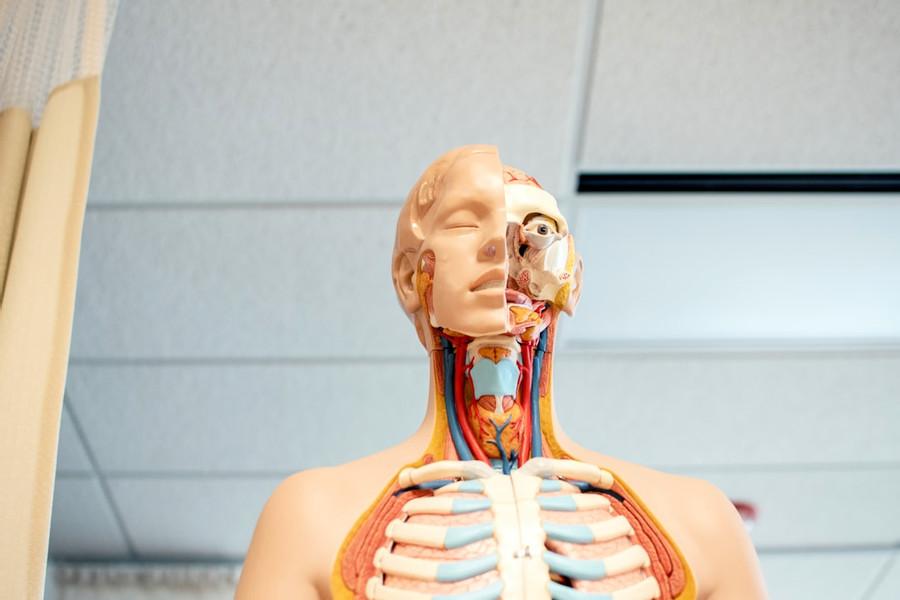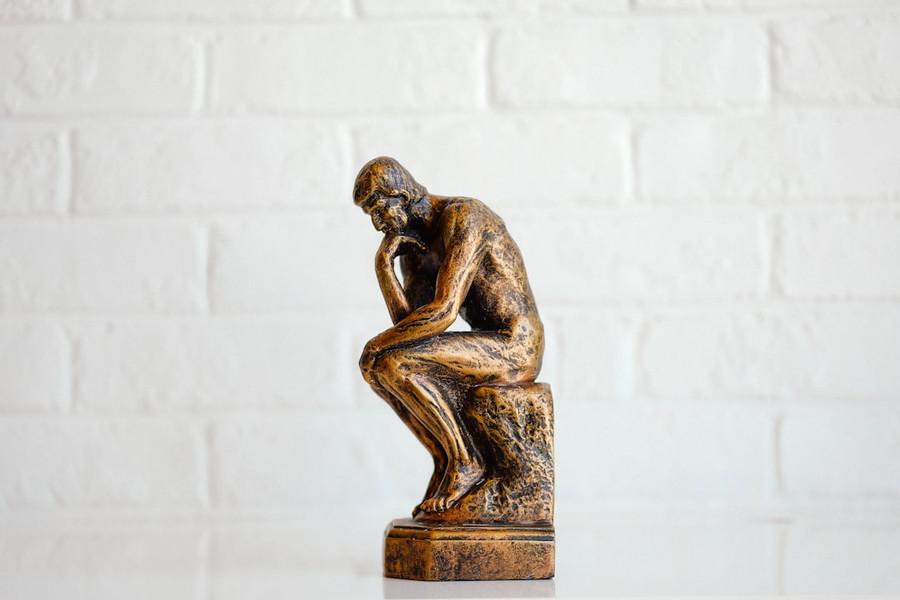The Psychology of Happiness
Curated from: psychologytoday.com
Ideas, facts & insights covering these topics:
14 ideas
·15.1K reads
54
7
Explore the World's Best Ideas
Join today and uncover 100+ curated journeys from 50+ topics. Unlock access to our mobile app with extensive features.
Happiness - Keynotes
- Happiness has received much study over the years.
- Experts have proposed different theories regarding the sources of happiness.
- Recent research suggests that biology plays a significant role in one's level of happiness.
81
1.96K reads
Happiness Can Be Managed
- In his 1926 Understanding Ourselves: The Fine Art of Happiness , for example, Harold Dearden, a physician, showed how individuals could become happier through an acquaintance with the principles of modern psychology.
- Since it was the nervous system that regulated both physical and psychical well-being, Dearden maintained in the scientific parlance of the times, one’s level of happiness could be managed through inner fortitude and the power of reason.
- Fears and worries, as well as harmful habits, instincts, impulses, and obsessions, could be eliminated by learning “the fine art of happiness”.
80
1.52K reads
Certain Principles To Increase One’s Chances To Be Happy In Life
- Louis Berg also believed that people could follow certain principles to increase one’s chances to be happy in life.
- Pursuing good “mental hygiene” was analogous to pursuing good physical health, he, like many in the medical field at the time, thought, with the former heavily reliant on maintaining a positive attitude and developing what was termed a “balanced” personality.
80
1.35K reads
Happiness Is A Result Of How Individuals Relate To Society
- Proponents of mental hygiene - the movement founded by Clifford W. Beers in the early 20th century - argued that happiness was largely a result of how individuals related to society.
- “Social consciousness is the core of adjustment and happiness,” Berg stated in his 1933 textbook The Human Personality, with extroverts far more likely to be happy than those who shield away from interaction with others.
81
1.18K reads
Time Stand Still Or Disappear When One Is Truly Happy
- R.M. MacIver argued in his 1955 The Pursuit of Happiness: A Philosophy for Modern Living, with only living in the “momentary now” leading to the type of happiness that so many were seeking.
- Anticipating the kind of thinking in the field that was a few decades away - notably the concept of “flow” - MacIver recognized that time tended to stand still or disappear when one was truly happy, with only the present able to offer that level of transcendence.
81
1.07K reads
Happiness Is Different For Everyone
- Equally impressive, McIver was keenly aware of the individualization of happiness, i.e., that it was a different experience for everyone, this too making him ahead of his time.
- “Happiness is the resonance of the whole being as it moves towards that which fulfills it,” MacIver poetically wrote, nicely boiling down the abstract concept into “the harmony within you.”
79
972 reads
Happiness is the resonance of the whole being as it moves towards that which fulfills it.
R.M. MACIVER
90
1.08K reads
Relation Between Happiness And Genetics
- By the 1980s, however, advances in genetics were making psychologists rethink the dynamics of happiness.
- Unhappiness had a strong genetic component while happiness did not, according to a study led by Edward Diener of the University of Illinois, implying that the former (unhappiness) was mostly a function of nature and the other (happiness) mostly of nurture.
82
908 reads
Happiness And Unhappiness Operate Independently
- The research also suggested that happiness and unhappiness were thus not, as logic dictated, opposite or inverse emotions; rather, the two appeared to operate independently.
- Ridding oneself of some unhappiness in life therefore did not mean that one would become any happier, a counterintuitive notion that threw a monkey wrench into much of the out-with-the-bad, in-with-the-good brand of self-help being cast about at the time.
- The good news was that, at least according to this research, happiness was not genetically preordained, and could thus be achieved by those who were determined to find it.
82
826 reads
Who Is Happy?
- In the 1990s, serious scholarly inquiry into the psychology of happiness was leading to new insights.
- In their article “Who Is Happy?” published in Psychological Science in May 1996, for example, Diener and David Myers argued that happiness was spread out evenly over the course of a lifetime - something not commonly believed.
74
802 reads
4 Personal Traits Associated With High Levels Of Happiness
Diener and David Myers also found 4 personal traits to be associated with high levels of happiness:
- Extroversion
- Optimism
- High self-esteem, and
- The feeling that one was in control of one’s life.
103
948 reads
Happiness Gene Makes Happiness A Matter Of Biology Instead
- Advancements in neuroscience and the completion of the Human Genome Project in 2003 each had a direct effect on the trajectory of happiness.
- Individuals had what could be considered a happiness gene, scientists were concluding, making one’s relative state of happiness or unhappiness more a matter of biology than psychology.
75
825 reads
Altering One’s Happiness Gene Could One Day Be Possible
- MRI scans plainly revealed when a person was happy, with that part of his or her brain lighting up like a Christmas tree.
- Altering one’s happiness gene could one day be possible, more scientists were beginning to think, with such an approach envisioned as being far more effective than all the how-tos grounded in some kind of attitudinal or behavioral modification put together.
74
778 reads
Question To Ponder
- Unless or until our emotions can be genetically programmed, however, many of us will no doubt continue our unalienable right to pursue happiness.
- Which theory of happiness mentioned above resonate the most with you?
75
858 reads
IDEAS CURATED BY
Lawyer turned Artist Visionary Curator & Gallerist. Empowering self-love and joy through art & words. www.innerjoyart.com 💝 Instagram : dymphna.art
CURATOR'S NOTE
It is interesting how experts viewed happiness. Reading this article on the psychology of happiness gives me a different light on what happiness 'is' and 'could be'.
“
Similar ideas
14 ideas
What Is Happiness and Why Is It Important? (+ Definition in Psychology)
positivepsychology.com
7 ideas
12 ideas
Top Performers Have a Superpower: Happiness
sloanreview.mit.edu
Read & Learn
20x Faster
without
deepstash
with
deepstash
with
deepstash
Personalized microlearning
—
100+ Learning Journeys
—
Access to 200,000+ ideas
—
Access to the mobile app
—
Unlimited idea saving
—
—
Unlimited history
—
—
Unlimited listening to ideas
—
—
Downloading & offline access
—
—
Supercharge your mind with one idea per day
Enter your email and spend 1 minute every day to learn something new.
I agree to receive email updates














